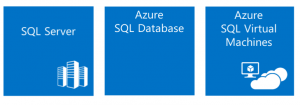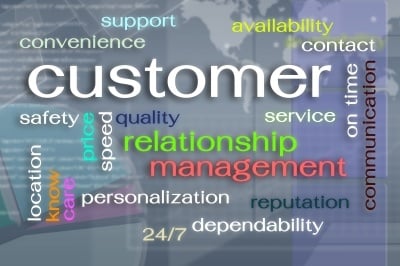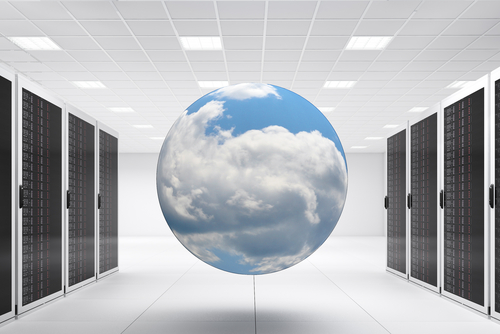Cloud ERP Consultant Reviews 4 Big Benefits
Cloud ERP Consultant - What Are the Benefits of Cloud ERP? Today, companies have a variety of deployment options for Enterprise Resource Planning...
1 min read
Jeanne Lee Mon, Nov 02, 2015

 ERP systems have been around for a long time and while cloud technologies are still comparatively young, the two are starting to come together. Our VP of sales, Frank Nisenboum, recently spent time on a podcast with Brad Nellis, the director OHtec (formerly NEOSA) about this convergence of ERP and the cloud. Here are some of the main points from the discussion about cloud ERP and a recording of the podcast.
ERP systems have been around for a long time and while cloud technologies are still comparatively young, the two are starting to come together. Our VP of sales, Frank Nisenboum, recently spent time on a podcast with Brad Nellis, the director OHtec (formerly NEOSA) about this convergence of ERP and the cloud. Here are some of the main points from the discussion about cloud ERP and a recording of the podcast.
Related Reading: The Case for Cloud ERP in Manufacturing
Cloud computing has been a part of the software world and even our personal lives in one way or another for the past decade in one way or another. Today, the prevalence of cloud technologies in the ERP community is more apparent today that it was only 2-3 years ago. In fact, we’ve seen that 25% of companies who come to us for help with their ERP project are at least considering a Cloud ERP solution and half of them wind up implementing one. Frank and Brad talked more about this and other important cloud ERP topics in their podcast which explored the following:
Frank and Brad have both been in the business for a very long time, and they have some incredibly interesting things to say on this topic! Click below to listen to their full conversation. Want to tweet this podcast to your followers? Click here.
Keep the conversation going by connecting with Frank on LinkedIn or by tweeting us @e2bteknologies with your thoughts about Cloud ERP – we’d truly love to hear from you!

Cloud ERP Consultant - What Are the Benefits of Cloud ERP? Today, companies have a variety of deployment options for Enterprise Resource Planning...

Cloud ERP Consultants Review the Power of the Portal Most people don’t generally start out looking for and ERP solution—they start by considering...

Any technology magazine, blog, or web site you look at these days will include an article on SaaS. Those articles usually talk about the traditional...